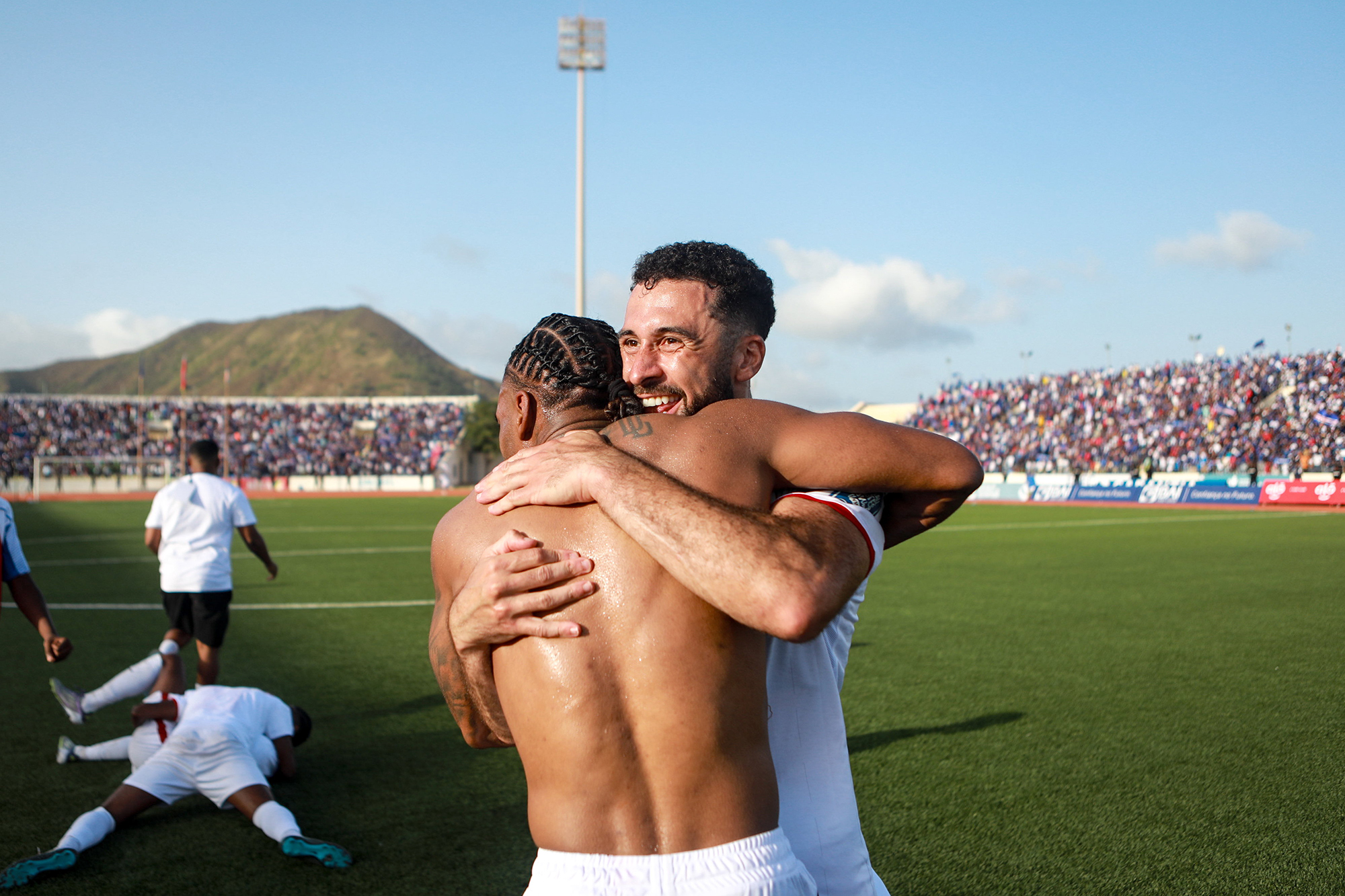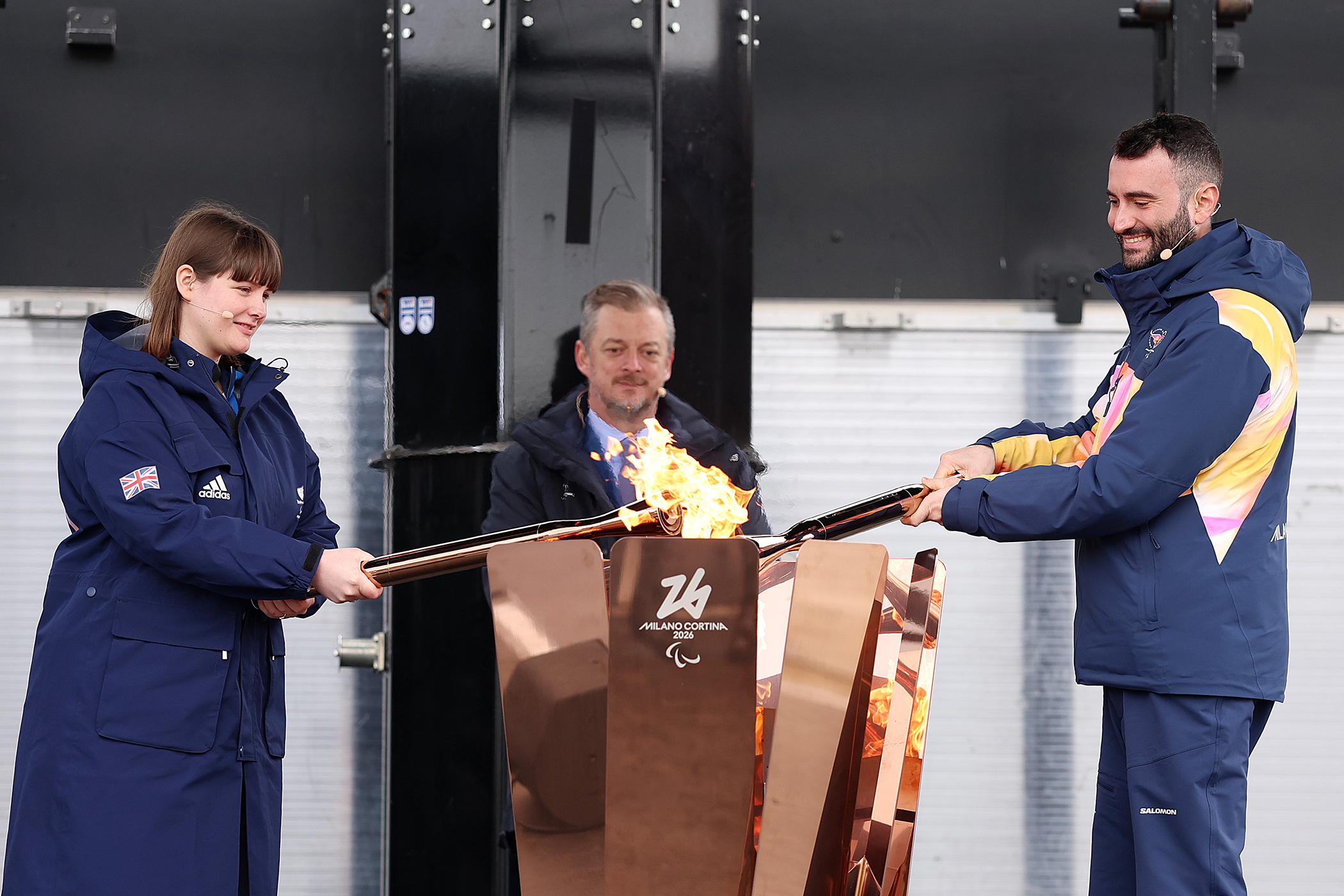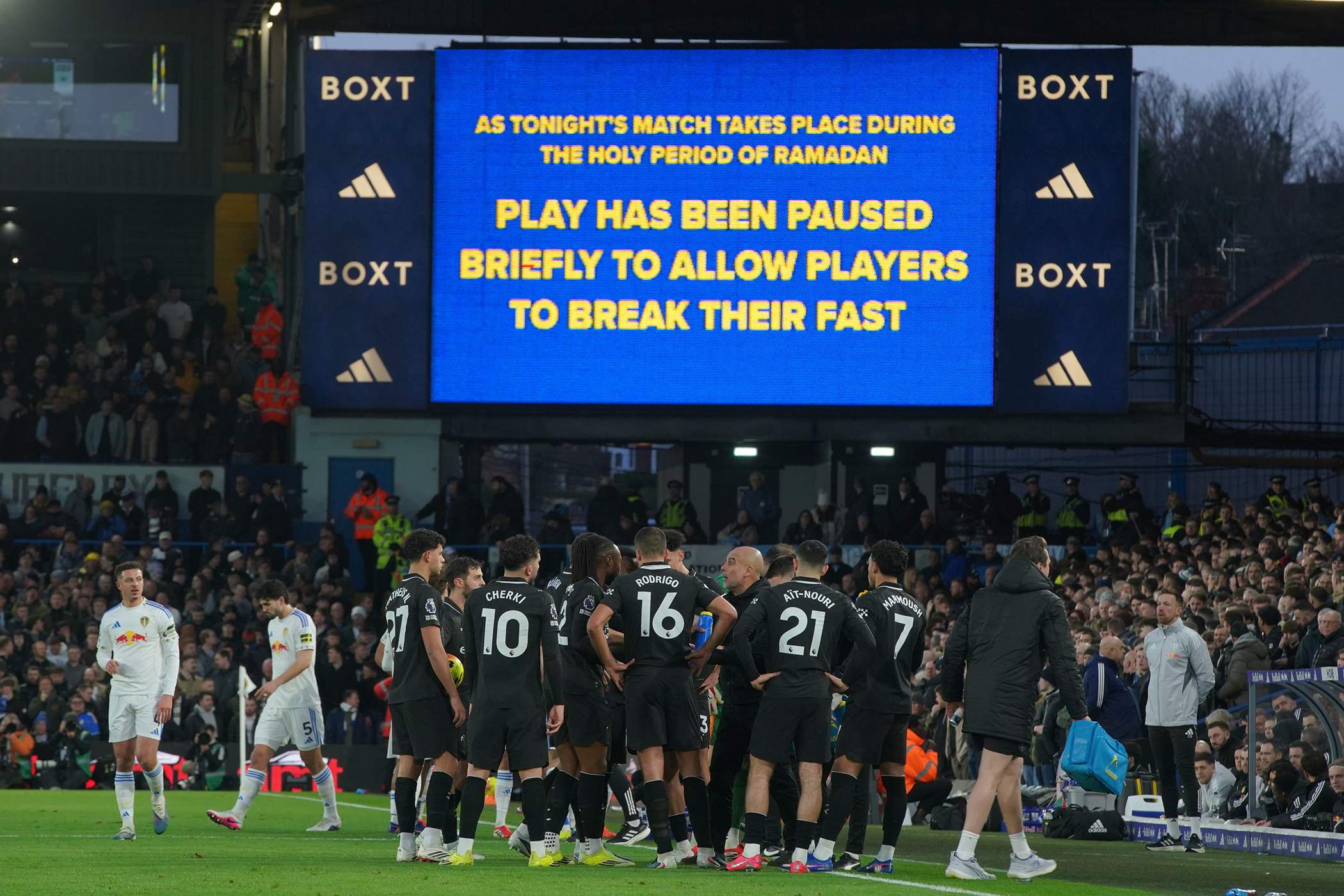The announcement will come as a bit of a shock in Torshavn. These have been a heady few days in the Faroe Islands. On Thursday, the archipelago’s national team thrashed Montenegro in World Cup qualifying. On Sunday, a late goal from Martin Agnarsson sealed victory against Czechia, a result that can probably be regarded as the finest in the autonomous territory’s history.
From a Faroese point of view, this is not exactly a great time to learn that Uefa has decided that international football in its current form is unfortunately very boring, and in dire need of a change.
Last month, according to reporting in The Sunday Times, the general secretaries of all of Europe’s 55 member confederations were informed that Uefa is considering a radical overhaul of qualifying for both the World Cup and the European Championship. The matter will be discussed by a working group of half a dozen executives from Uefa’s National Teams Committee in Nyon in November. No option, we are told, is off the table.
Admittedly, that may not be quite as drastic as it sounds. Uefa’s creative ideation at this stage appears to stretch no further than repurposing a couple of its other more recent brainwaves and then wrapping up for lunch: using the Nations League format for qualifying, as is the case in the women’s game, is one proposal; adopting the Swiss Model, now deployed in Europe’s club competitions, is another.
Even the more outlandish suggestions that might come under consideration are relatively familiar. The idea that Europe’s statelets – San Marino, Liechtenstein, Andorra and the rest – should have to come through a pre-qualifying stage has been floating around for years. So has the converse approach: that the continent’s great powers should just be granted automatic entry to major tournaments, elite sport reduced/promoted to the same status as Eurovision.
None of these ideas, in truth, is wholly absurd. They are all rooted in a coherent logic, whether you agree with it or not. They all have their merits. A Swiss Model approach to qualifying might well be more entertaining. The Nations League has, to give Uefa its rare due, been a success. It has long been a personal view that winning a European Championship or a World Cup should grant a country entry to the finals in perpetuity.
And yet the argument for any of them is inherently flawed for one simple reason: the idea that the process of qualifying for international tournaments is boring is very much a footballing first world problem.
There has been nothing boring about this set of qualifiers for the Faroes, who have now won their last three games and could – in theory, if probably not in practice – sneak into the playoffs for a place at the World Cup next summer.
But they are not alone. As of the time of writing, Kosovo and Slovenia can both deny a Sweden team featuring both Alexander Isak and Viktor Gyokeres a chance to feature in North America next summer; North Macedonia are top of a group that includes Belgium; Albania, thanks to a remarkable win the white heat of Belgrade, might supplant Serbia in the playoffs. None of these countries are complaining that all of it is crushingly dull.
The same is true, for very different reasons, of some of the continent’s more established forces. If anything, trying to qualify for tournaments is now too interesting for the Italians, who have missed both of the last World Cups and will need to beat Norway at home by a considerable margin to be certain of taking part in this one. Germany lost their opening qualifier to Slovakia; international breaks, now, are a chance for a full-scale national existential crisis.
Newsletters
Choose the newsletters you want to receive
View more
For information about how The Observer protects your data, read our Privacy Policy
Even in England – home to the loudest wailing that these interludes are unwelcome interruptions to the real business of watching people take corners in the Premier League – there is no reason to look far for proof that international football can command considerable audiences. Are the Scots bored, now that they are two wins away from a first World Cup in a generation? Have people been doing sudokus in the stands at Windsor Park?
Yes, of course, qualifying for international tournaments is dull for England these days, enlivened only by Thomas Tuchel’s apparent determination to speak his truth at every available moment. The best gauge of this is the superficiality of the talking points that surround the national team. Before the 2022 World Cup, the one bone of contention centred on who, exactly, would be Gareth Southgate’s third-choice right-back.
It is just as dull for the Spanish, the French and the Portuguese, as it generally is for Germany. This has not always been the case. England did not make the 2008 Euros, or Spain the 1992 edition. France missed out on the 1990 and 1994 World Cups. Belgium and the Netherlands have both been absent from World Cups this century; Portugal did not qualify for 1998.
That they all tend to make such light work of it now has been exacerbated by the expansion of both tournaments – not far off half of Europe now goes to any given Euros – but that is not the root cause. The primary difference, instead, is in the existence of industrialised talent production pipelines in all of those countries. They are, now, basically too big to fail (Italy being a glorious exception).
Uefa’s desire to change the way qualification works is a response to dissatisfaction and disinterest in those television markets; those are the fans who find international breaks such an interminable bore. It should not, though, be too much for a body tasked with overseeing European football as a whole to suggest that they might – in this one case – be able to indulge in just a little delayed gratification.
The rest of the game, after all, is already arrayed in their interests. Their domestic leagues are able to hoover up the best of the talent from around the world. Their clubs have all of the money and all of the power and all of the places in the expanded Champions League, too. Every two years, their national teams go into a World Cup or a European Championship with genuine aspirations of ending it with a trophy lift and a bus parade. It should not be too much to ask to go through the motions for a few weeks every year so as to allow those teams whose ambitions are much more modest to have their moment.
That is not to say Uefa should not be willing to think about how to enliven the qualification process. An open forum in which there are no bad ideas is to be welcomed. But change should not be introduced as a sop to the demands of the English or the Spanish or the German television consumer; the priority, instead, should be making sure that it does as effectively as possible what it is meant to do: send the teams who have performed best to the World Cup or the European Championship. Fans of the powerhouse nations may not find that particularly thrilling. But then the game is not just for them.
Photograph by Cristiano Barbosa/Sportsfile



